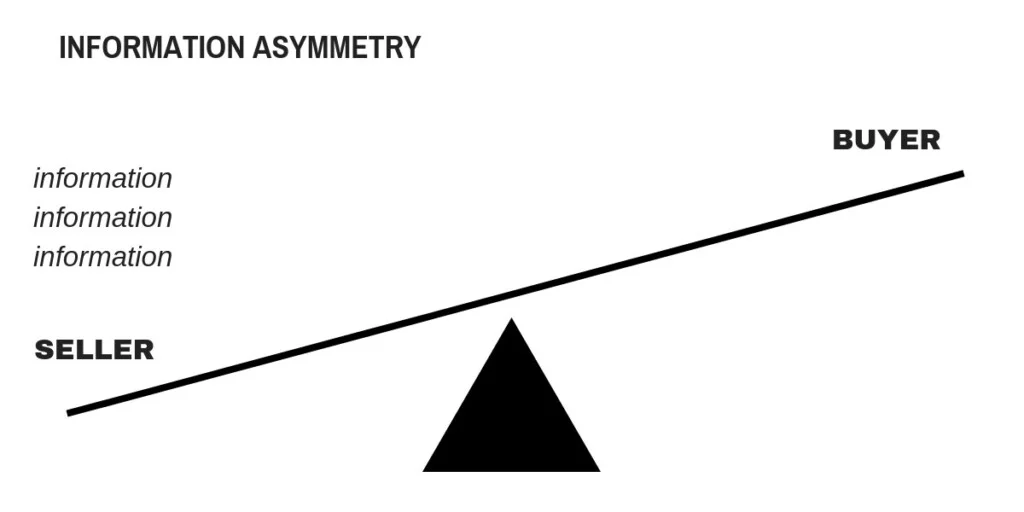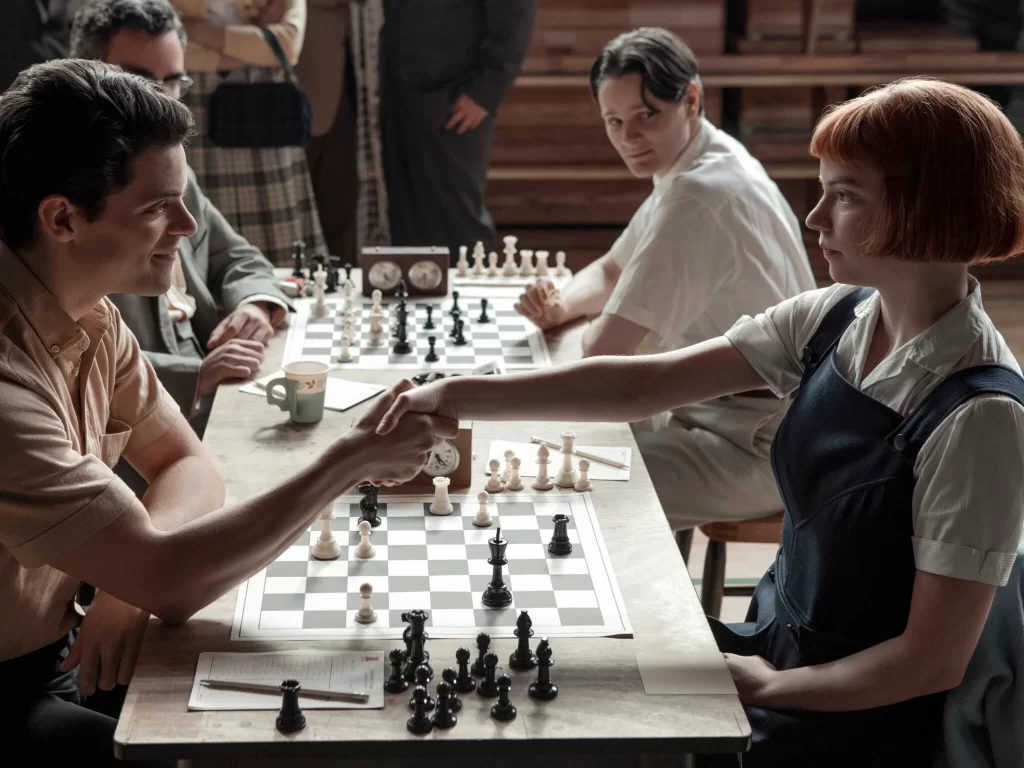WRITTEN BY OSCAR LIBED of Inspect Hawaii

From last month’s article, How do you select a Home Inspector? , we continue the discussion on “Caveat Emptor” (Buyer Beware).
Beware of What?
1) Buyers typically have less information about the house they are purchasing, while the Seller has more information. In contract theory and economics, Information Asymmetry deals with the study of decisions in transactions where one party in a transaction is in possession of more information than the other. Typically, that imbalance means that the side with more information enjoys an advantage over the other party.
2) Defects in the house may be hidden from the Buyer, and only known to the Seller. Also, Seller may not know all the defects. In the Purchase Contract, this is referred to as “NTMK” (Not to my Knowledge). Otherwise known as “Ignorance is Bliss.” The burden is on the Buyer to “hunt” for the defects.
3) There is an imbalance of information initially, but the Home Inspection uncovers the defects and attempts to “level the playing field.”
4) After closing, the Seller typically will not be responsible for problems the Buyer does not discover.

Is there a better process?
A Home Inspection initiated by the Seller will increase the confidence of the Buyer, reduce the time on the market, and lower the unknown risks faced by the Buyer.
A good analogy is the game of Poker versus Chess. In Poker, cards are hidden from both parties to enable “bluffing” and “guessing” as part of the game. In Chess, all the chess pieces of both parties are on the chess board and there is full transparency of information. A Seller’s Inspection is like playing Chess instead of the current process which is akin to playing Poker.
Unlike Chess, Poker has hidden information (the opponent’s hole cards). Game theorists call chess a game of perfect information and poker a game of imperfect information.


THE QUEENS GAMBIT (L to R) JACOB FORTUNE-LLOYD as TOWNES and ANYA TAYLOR-JOY as BETH HARMON in episode 102 of THE QUEENS GAMBIT Cr. PHIL BRAY/NETFLIX © 2020
Why play Chess (Seller’s Inspection) instead of Poker (Buyer’s Inspection)?
1) Allows Seller to shop for reasonable costs of repairs for defects to justify a higher price point. This is part of the strategy of “Flipping” a house.
2) Allows Seller to replace broken items often at less cost than negotiated Seller credits.
3) Avoids “11th hour” surprise negotiations with Buyer which may kill the deal. The Buyer will have the Seller’s Inspection Report as well as the Buyer’s Inspection Report. These Reports will have a high probability of all visible defects for the property. This is a strategic way of supplementing the SRPDS (Sellers Real Property Disclosure Statement) and mitigates the “NTMK” position.
4) The purpose is to achieve a balance where both parties have access to complete knowledge of the property. This minimizes the “Information Asymmetry” problem.
What percentage of Home Inspections are Seller’s Inspections?
Based on casual conversations among Home Inspectors, it is 5-10% of Home Inspections. Also, more experienced Realtors would recommend Seller’s Inspections, probably because they have seen the advantages of this unconventional process.
Do you still need a Buyer’s Inspection if the Seller paid for a Seller’s Inspection?
Yes, the Buyer should always select their own Home Inspector to avoid a conflict of interest with the Seller’s Inspector.
Is Life more like Chess or Poker?
From Annie Duke, Professional Poker player, “Decisions in life are more like Poker, where a player makes choices affected by limited information, active competitors, and the whim of luck.
For any questions on this topic, please call Oscar Libed of Inspect Hawaii at 808-728-5707 or send an email to oscar@inspecthawaii.com

